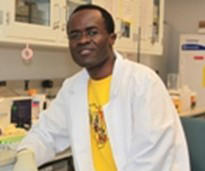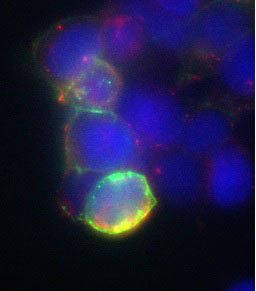News

Alex Helman, who recently succeeded in the defense of her dissertation, has accepted a full-time position with the Committee on Women in Science, Engineering, and Medicine (CWSEM) where she will be working on a project on the retention of women in science.
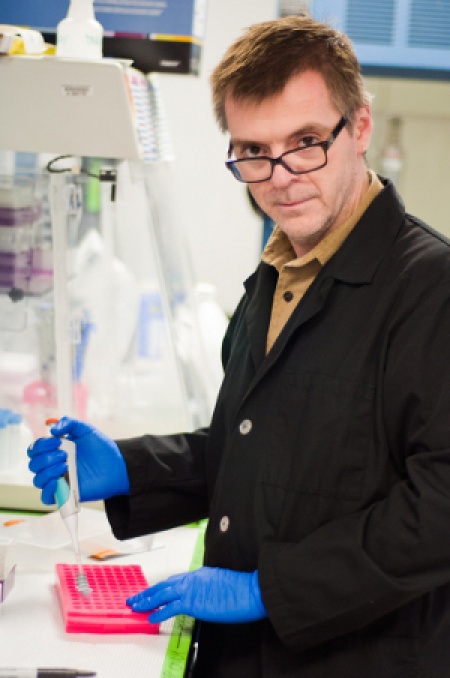
Dr. M. Paul Murphy, a faculty member within the Department of Molecular & Cellular Biochemistry and the Sanders-Brown Center on Aging, contributed his thoughts on the “amyloid hypothesis” in the July 25, 2018 issue of Nature.
The amyloid hypothesis states that the accumulation of amyloid-βin the brain is the main cause of Alzheimer’s. This is primarily based on the correlation between clumps of amyloid-β in the brain and the neurodegenerative processes observed in Alzheimer’s disease.
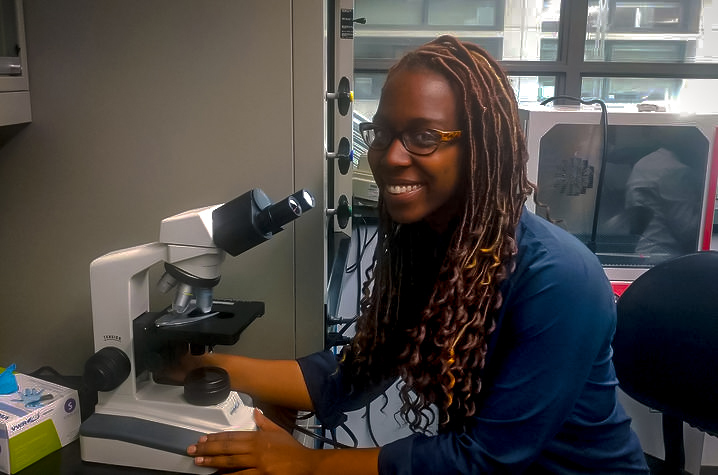
Ten researchers from institutions across the U.S. have been selected to participate in the American Society for Biochemistry and Molecular Biology (ASBMB) Advocacy Training Program, a rigorous six-month program aiming to produce the next generation of science advocates. Among those chosen is Aria Byrd, a doctoral candidate in the University of Kentucky College of Medicine and researcher in the Fillmore Brainson Lab.

According to the Blue Ridge Institute for Medical Research (http://www.brimr.org/default.htm), with just under $11,000,000 in NIH research funding, the Department of Molecular & Cellular Biochemistry is ranked 19th among biochemistry departments in medical schools in the United States.

We are now offering a single domain antibody (Nanobody®) production service. Nanobodies, in contrast to conventional antibodies which are made up of two heavy and two light chains with a molecular weight of ~150,000, are composed of only heavy chains. The heavy chain nanobody domains can be isolated as a small 15,000 Da single domain antibody, which retains the high affinity of conventional antibodies. Due to their small size nanobodies can be expressed in E. coli and their cDNAs manipulated in a variety of ways.
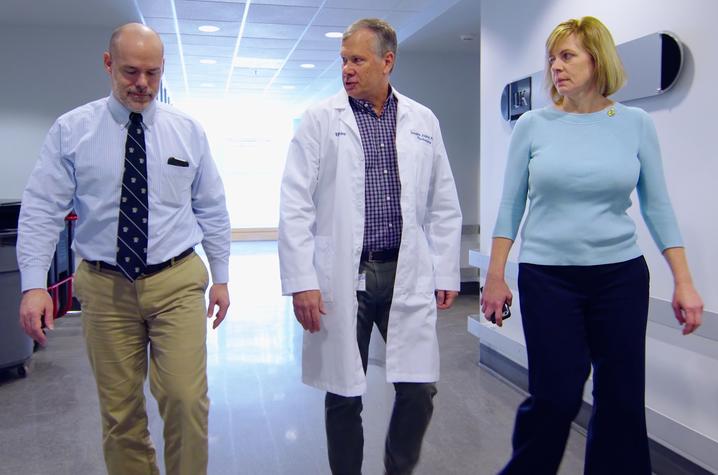
Traumatic brain injury (TBI) has been a hot topic of late as soldiers return from the battlefield and football players from the gridiron with debilitating injuries.
To date, treatment for TBI has been limited because the underlying mechanisms that cause brain damage are still poorly understood. Recently, however, science has shown increased interest in exploring ways to prompt the brain to heal itself after injury, or perhaps even protect itself as the injury occurs.

The Von Allmen Center for Entrepreneurship(VACE), part of the University of Kentucky’s Gatton College of Business and Economics, announced that one of its Fall 2017 Bootcamp teams, OptiMol Enzymes, has been accepted into the Clean Energy Trust Competition in Chicago, on F
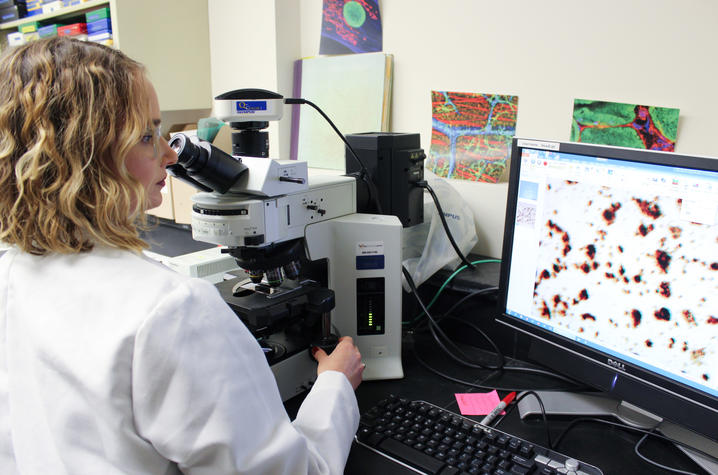
When Alex Helman began her search for a doctoral program that would allow her to further her knowledge of neuroscience and conduct research on Alzheimer’s disease, she was surprised to add the University of Kentucky to her list.
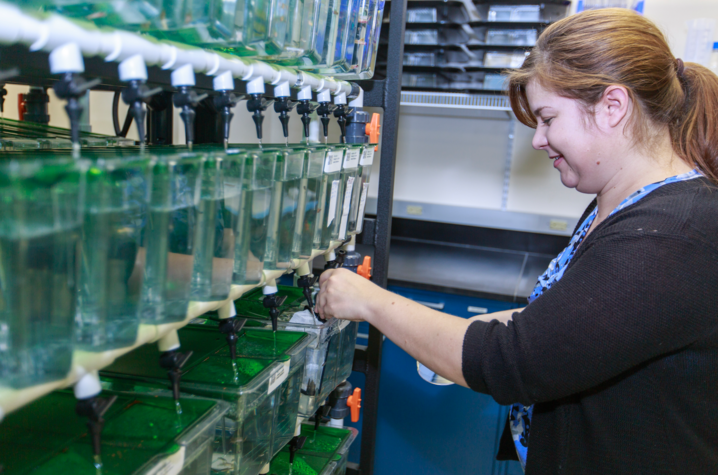
University of Kentucky Markey Cancer Center Researcher Jessica Blackburn has earned a prestigious National Institutes of Health's New Innovator Award, a grant totaling $1.5 million over five years to fund pediatric cancer research.
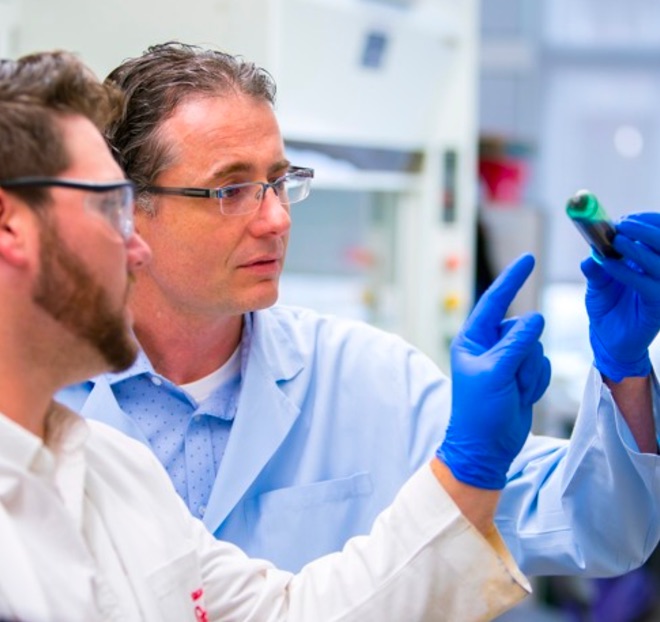
By Vice President for Research Lisa Cassis Thursday
In May, it was my distinct pleasure to present Matthew Gentry with a University Research Professorship award. He was one of 16 faculty, selected by their own colleges, who have demonstrated excellence in scholarship and creative work that addresses scientific, social, cultural and economic challenges in our region and around the world.
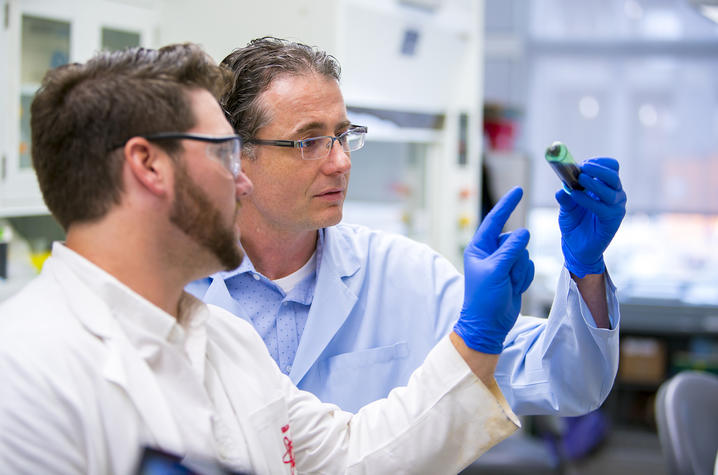
A peek at Matthew Gentry's professional profile reveals a long list of honors and awards.
A National Science Foundation Faculty Career Development Award.A National Institutes of Health Pathway to Independence Award.A University of Kentucky Research Professorship Award.Three U.S. Patents.A five-year, $8.5 million National Institutes of Health grant to pursue a cure for Lafora disease.Wait. Lafora disease? From a lab that also studies biofuels?

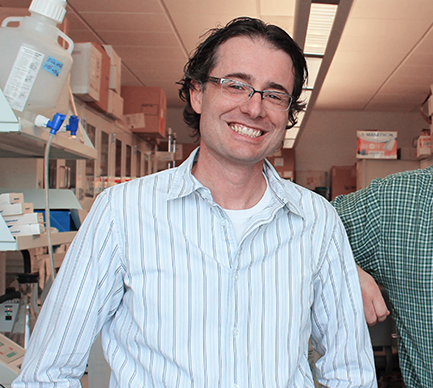
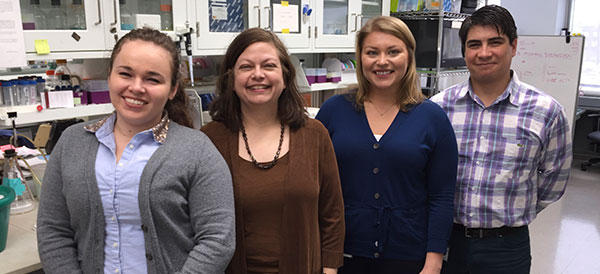
From Zika to Ebola, the emerging viruses of the 21st century pose a threat to populations throughout the world as silent invaders of the human body. While viruses infect most people multiple times a year with varying degrees of severity and symptoms, no two viruses function in exactly the same way.


